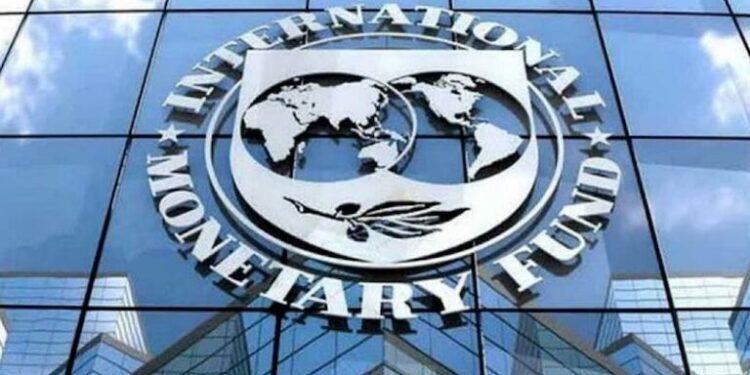The International Monetary Fund (IMF) has emphasised the need for Nigeria to concentrate on inclusive economic growth, enforce strict fiscal discipline, and enhance domestic revenue generation to secure a pathway towards stability and prosperity.
In a blog post released yesterday, Axel Schimmelpfennig, the IMF’s Mission Chief to Nigeria, and Christian Ebeke, the IMF’s Resident Representative in Nigeria, commended recent reforms but highlighted ongoing issues such as high poverty and food insecurity, exacerbated by an uncertain global landscape.
The IMF identified three key priorities for Nigeria:
1. **Sustained Growth**: There is a pressing need for stronger and sustained economic growth to elevate millions from poverty, alongside improvements to the cash transfer system.
2. **Robust Budget Framework**: A sound budget framework is essential for effective investments in infrastructure and human capital, necessitating transparent implementation and strong expenditure management.
3. **Boosting Domestic Revenues**: Increased domestic revenue is crucial, especially to fund growth-oriented areas like agriculture and infrastructure. Ongoing tax reforms should simplify compliance and ensure comprehensive tax collection.
While recognising Nigeria’s significant potential, the IMF warned that achieving it will require continuous reforms and effective support mechanisms for the vulnerable. Despite some progress, challenges persist, including persistently high inflation, inadequate infrastructure, and the effects of volatile oil prices on government finances.











